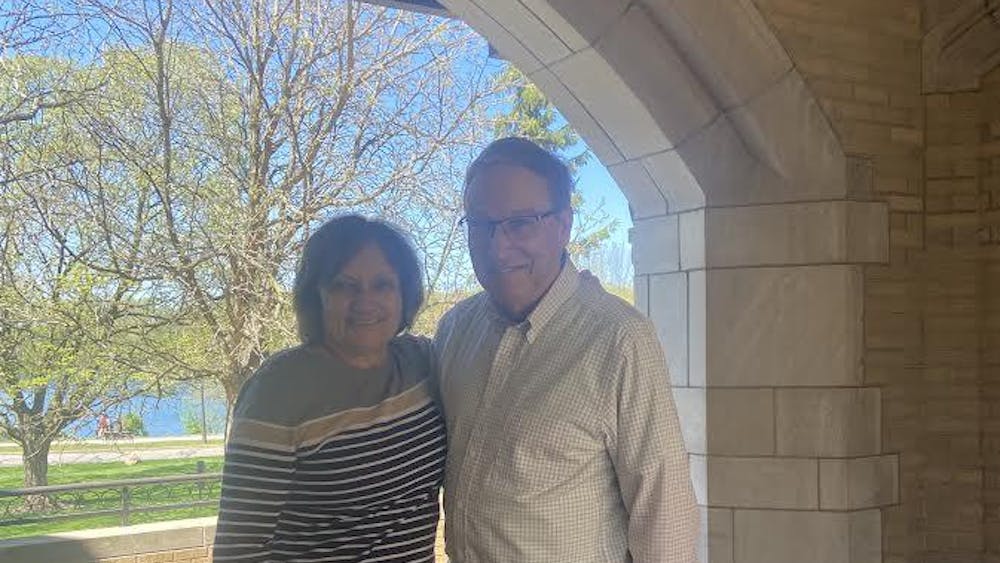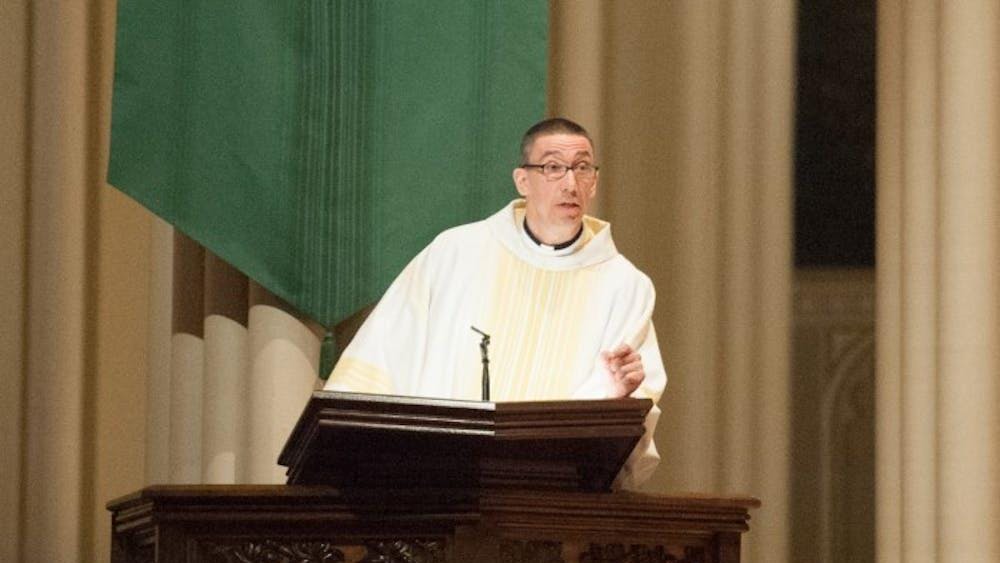In the latest installment of the Justice Education Friday series, Samira Payne, assistant director of the Office of Civic and Social Engagement, and Gloria Jenkins, director of Multicultural Services, discussed the legacy of Martin Luther King, Jr. in 2016, specifically with a focus on inclusivity and diversity on Saint Mary’s campus and the greater community.
“The Civil Rights Act of 1964 is one of the biggest achievements of the Civil Rights movement,” Jenkins said. “It was first proposed by President John F. Kennedy, and it definitely survived great opposition. It was after his death that it was signed by Lyndon B. Johnson.”
The Civil Rights Act focused on ending the legality of discrimination, Jenkins said.
“Under the Civil Rights Act, segregation on the grounds of race, religion or national origins is banned at all places of public accommodation, including court houses, parks, restaurants, sports arenas, theaters and hotels,” Jenkins said. “No longer could blacks and other minorities be denied service based on the color of their skin.”
Junior member of the Justice Education student advisory committee Caylin McCallick said that while to some extent, King’s goals were met, modern times see a different form of discrimination that is not necessarily apparent at first.
“I used to think things were getting better,” McCallick said. “Then I went on a tour of the Underground Railroad museum, and they talked about current slavery. ... The majority of people in prison are actually black people, and it’s just a different kind of slavery that we’ve changed into.”
Payne said one way to break down stereotypes and help fight against discrimination is to build relationships with people from all racial and ethnic backgrounds. She said it can be as simple as striking up a conversation in the elevator or attending an event put on by one of the many multicultural groups on campus.
“The value of relationships in terms of breaking down stereotypes and being able to gain a better understanding of different cultures and people from different backgrounds is huge,” Payne said. “Not just on our campus, but in our community as well. We talked about Saint Mary’s being a bubble. It’s really hard to get outside of that bubble and a lot of people from our community have these stereotypes of what South Bend means.
“Often times, it’s a relationship that we create with someone in our community that helps change our perspective of how something is; it helps us to just open our eyes a little bit more,” she said. “Whether it be on campus or off campus, I encourage you all to work to build relationships with people, because I think relationships are a primary component of how we create change.”
Jenkins said she believes students such as the ones who attended the presentation will help create the change that King dreamed of.
“It is something that, even as myself, we’re put in situations when you know you’re uncomfortable, you know it’s not right,” Jenkins said. “So what is our role when we find ourselves in that place? It’s to make our voices heard. … We’re doing what MLK wants us to do. It’s going out there and making change. You might not think it’s big, but you never know how you might have touched that person that you said ‘Hi’ to or welcomed onto Saint Mary’s campus.”












